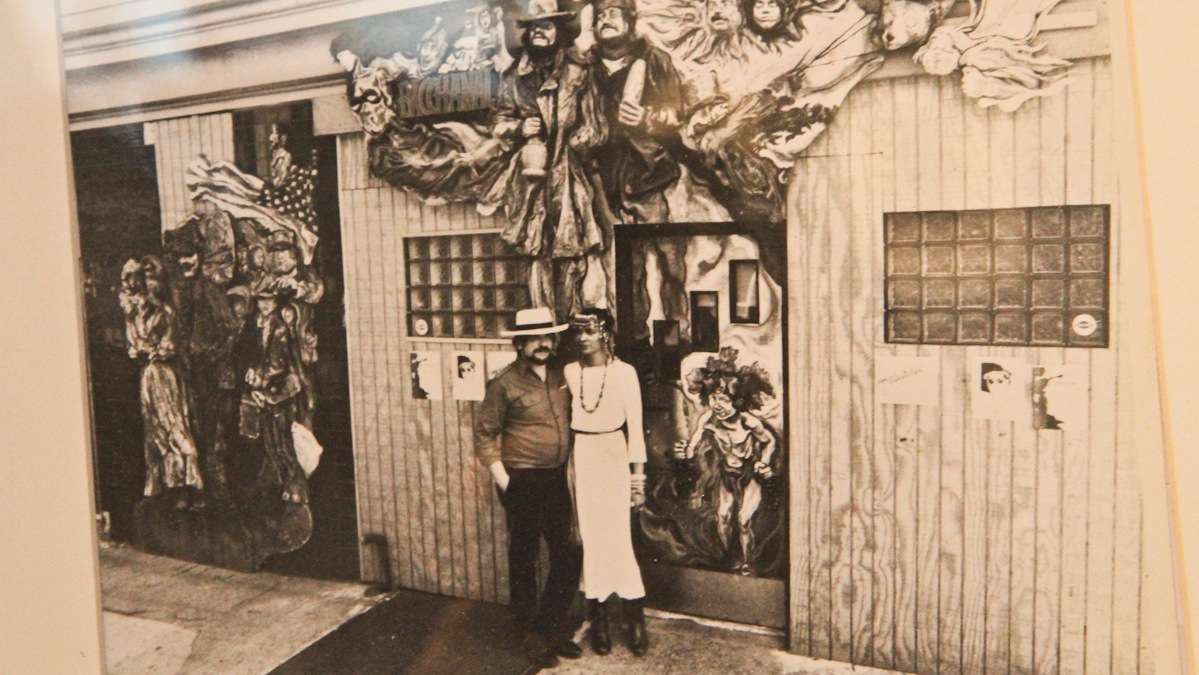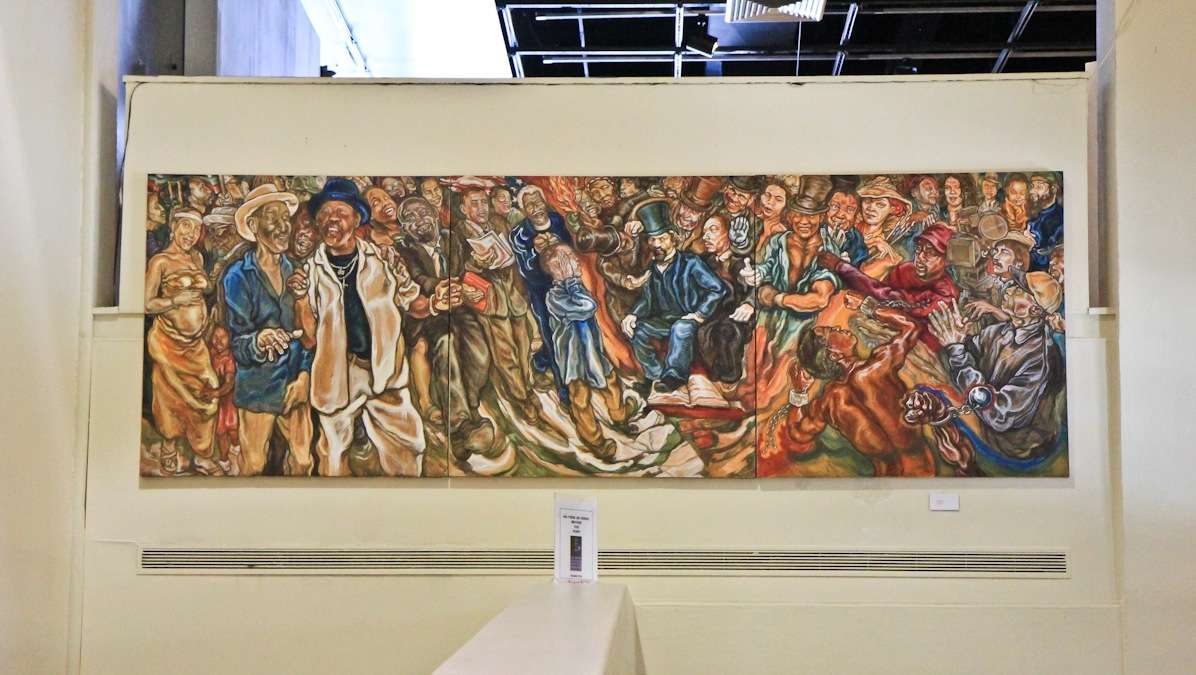‘The queen’s English’ offers a route through traumatic brain injury
We were in our rental car on a beautiful stretch of highway coming down a mountain pass in northern Idaho, two middle-aged sisters on a road trip of sorts. We had been playing a game with road signs — the kind of game you play when you’ve been driving for hours, and you are running out of conversation.
But our game was pretty basic. As we approached a sign, say one that read EXIT, I would read it out loud, and my sister would try to repeat what I had said. I would then turn toward her slightly and repeat the word, so she could see me form it with my mouth. After a few (often hilarious) mispronunciations, she would finally yell the word.
“Exit!”
“Coeur d’Alene,” I said, reading the next sign. “Ten miles.”
She shot me a look.
“Oh, dahling,” I said, suddenly switching over to my best attempt at a British accent — for no other reason than I was bored silly. “I dare say we should stop there for a spot of tea and lunch.” (I am not British, by the way. Polish-Irish by way of New Jersey.)
To my astonishment, my sister answered in a complete sentence, also in a lovely British accent: “Tut, tut. That would be lovely, dahling.”
Breakthrough
It was her first complete sentence that made sense since she took a header down a flight of stairs six months prior, severely injuring the left side of her brain — the part that facilitates speech and memory.
For a moment, I didn’t make the connection between my “queen’s speech” and my sister’s response. But then, to continue our game, I read the next two road signs in a British accent as well. My sister repeated the words back perfectly, without a hitch, also in a British accent.
“By Jove!” I cried out. “I do believe we have discovered something truly mah-velous!“
I envisioned for a moment the magnitude of our accidental discovery. The field of brain injury science would be revolutionized. Somehow, the part of the brain that was no longer functioning properly for my sister was being overridden in a weird way when she switched over to the queen’s English.
I pictured scores of patients in brain injury clinics conversing normally in their newly accented language. Or maybe singing instead of speaking, for I had also noticed that, when we had the radio on, my sister could sing along with songs she would have known from the ’70s and ’80s.
Later I would read in my ongoing brain injury research that, indeed, these phenomena had already been documented. At the time, though, we were elated.
A long road, a difficult journey
With brain injuries, every incremental gain is felt as a monumental triumph, mainly because you never knew if a gain would actually “stick” or just be a temporary blip in the processing center. For example, my sister called everyone, male or female “she.” She also couldn’t say anyone’s name, even though she knew perfectly well who we were and could also remember everything about us, including our birthdays.
She and I had worked out an elaborate system of communication that involved mime, writing on notepads, pointing to things in the yellow pages, and our own version of charades. We often forgot what we were trying to get at, because our “system” usually sent us into convulsions of laughter.
We had taken this particular road trip to Montana from her temporary home in Spokane, Wash., in order to close down her home there and bring back belongings that she couldn’t bear to part with. This had been a mostly pitiless task, since neither one of us knew how long her recovery would take, or if she would ever be able to resume what had been her very active life as a traveling sales rep for a line of giftware. I had rented an enormous SUV for the move, and it was packed full of stuff that would make the producers of “Hoarders” salivate.
My sister and I had never been very close. We had always lived in opposite parts of the country, and had had minimal contact with each other over the decades. Now I found myself oddly feral in the way I would protect and fight for her.
She surprised me again by knowing exactly which restaurant she wanted to go to for lunch, and by pointing and whacking me on the arm; she was able to get us there without a single wrong turn.
“Dahling,” I said. “Let’s do try and order in our British accents, shall we?”
I am continually pushing her to form words and sentences, pushing her toward some resumption of normal life, when we both know that her life has changed irrevocably. I think of my role as a sort of a cross between a peppy cheerleader and a strict-but-optimistic tutor who harbors high hopes for a favored pupil.
She giggled in agreement, as we perused the giant plastic menu. The waitress appeared, a tired-looking woman with a jaunty bandanna tied around her neck.
I plunged right in, my accent sounding like a bad imitation of a loopy Tracy Ullman character. My sister giggled some more. She tried to order also, but even with her new accent trick, the words got all jumbled up. She looked at me to save her.
By that time, the waitress was peering at us with suspicion and impatience. She must have thought we were messing with her just to mess with her — that we were rude, insensitive jerks, playing a prank with our fake British accents.
I wanted to explain the whole situation to her, so that she would understand what we were up to. My sister’s injury. That we were on the last leg of a week-long journey that had been the most humbling experience of my life. That our silly game had obviously not worked as planned.
But I didn’t say a word to her. There really was no good way to explain it.
WHYY is your source for fact-based, in-depth journalism and information. As a nonprofit organization, we rely on financial support from readers like you. Please give today.






